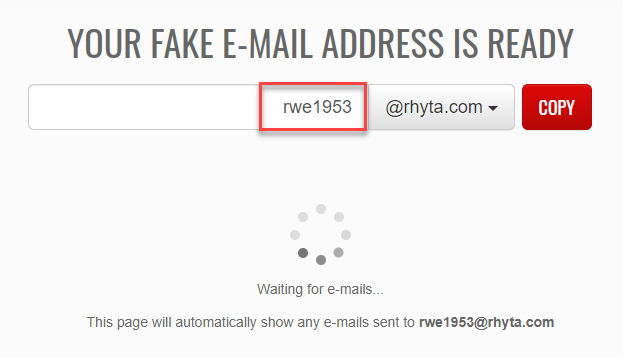What Research About Can Teach You

Business cleaning services are needed in almost every kind of facility from independently possessed shops, restaurants to medical facilities. Cleaning is not just an element of keeping a location tidy however is also an opportunity for entrepreneur to showcase their services. A clean facility draws in more clients, which boosts revenues. In this economic climate, having a tidy office or shop is critical to maintaining a company. Businesses rely on commercial cleansers since they use many advantages. For those who have independently possessed stores or dining establishments, hiring a business cleaning services supplier is a necessity. A business cleaning agreement is usually short of lawful contract in between events; however, it normally consists of the legal regards to solutions which will certainly be offered by one party to an additional. This contract also purely lays out obligations, timings as well as repayment information, and make sure individuals to maintain a great working connection with each various other. The terms and conditions of the contract should be clear and conveniently comprehended, so employees know what to expect. Commercial workplaces can have a number of places; nevertheless, maintaining these spots clean is exceptionally essential to maintain staff members pleased and healthy. Hiring commercial cleaning services need to provide reliable, effective as well as risk-free practices. It must be able to spotlessness to make sure that customers can enjoy their go to. Each industrial cleaning company supplier has particular techniques and tools to make workplaces clean. Some of these include utilizing only accepted chemicals and making certain that all staff members are properly trained and also alerted before making use of different business cleansing techniques. Business cleaning services companies use just licensed commercial cleansing methods and devices in all types of commercial work spaces consisting of household cleaning company floorings. One of the most usual methods made use of consist of floor stripping, home window washing, ceramic tile cleaning and also general surface area cleaning. Each of these techniques has its own benefits and also disadvantages. Residential cleaning service floors receive a greater quantity of foot website traffic than any kind of various other sort of office flooring due to the fact that property consumers are more probable to be in danger for bacteria and also microorganisms. In order to lower the risk of disease and promote a healthy and balanced workplace, commercial cleaning company firms frequently recommend constant professional disinfection. Nonetheless, they may additionally recommend vacuuming or cleaning down specific work areas nevertheless employees have actually left the office. The goal of a sanitary work environment is to decrease the risks of disease and injury so maintaining a tidy and safe work environment is vital. It’s challenging to find commercial cleansers who focus on domestic work environments. Business cleaners aren’t enabled to go into homes to clean unless a house owner concurs, so this leaves numerous homeowners without the solution. Nonetheless, numerous home owners agree to allow business cleaning company right into their residences if they make sure that the specialists will do a thorough work. If you’re thinking about working with a professional cleaner to maintain your home tidy and also sanitary, you ought to also consider whether the professional is experienced enough to provide the type of service you need. Expert cleaners are educated to do extensive inspections and also make use of appropriate equipment and also strategies to clean virtually every location in a residence. An industrial cleanser may be extra costly, but if you have high-grade insurance policy or various other protection the cost may deserve it.

 How the Novel Coronavirus Outbreak Is Impacting Law Firms Nationwide
How the Novel Coronavirus Outbreak Is Impacting Law Firms Nationwide How to Choose a Top-Rated Surgical Cables and Wires Supplier
How to Choose a Top-Rated Surgical Cables and Wires Supplier The advantages of Leasing websitea Printer
The advantages of Leasing websitea Printer  Features Of The Best Casino Cash Tracking Software
Features Of The Best Casino Cash Tracking Software
 Why You Should Consider the Best Car Parking Application
Why You Should Consider the Best Car Parking Application
 How Managed IT Services Companies Will Help Your Business
How Managed IT Services Companies Will Help Your Business